Why do so many professional wrestlers die young?
Understanding the sad trend

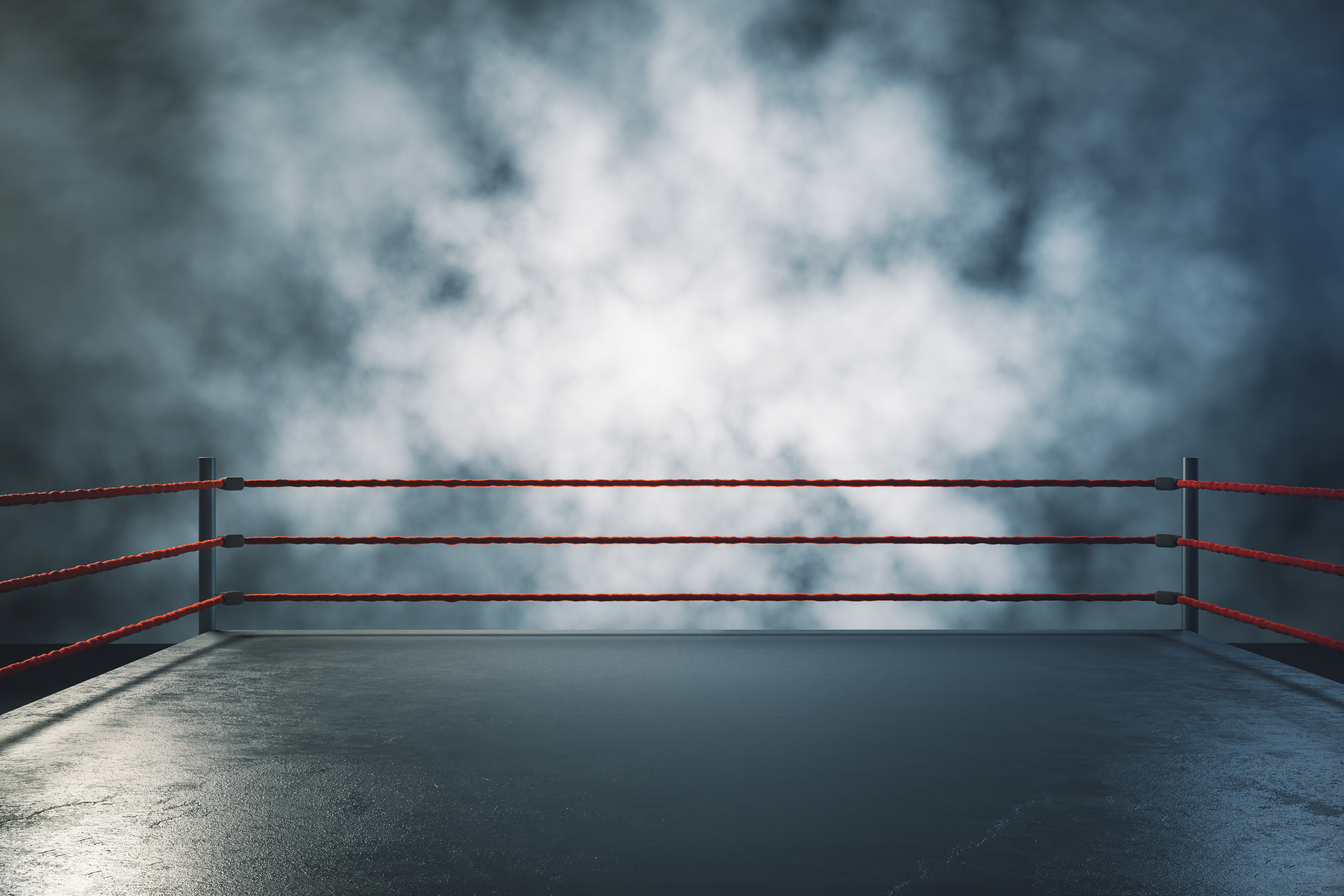
A free daily email with the biggest news stories of the day – and the best features from TheWeek.com
You are now subscribed
Your newsletter sign-up was successful
In early January the sports world was rocked by the news that professional wrestler Jay Briscoe had died at the age of 38. Briscoe was involved in a car accident, but his death was just the latest on a long list of wrestlers who have lost their lives prematurely. Here's everything you need to know about this sad trend:
How many wrestlers have died prematurely?
There is no exhaustive list of those who have died. But we do know that professional wrestlers die at a higher rate than the general population — a much higher rate. A 2014 study from FiveThirtyEight found that in people aged 50 to 55, the actuarial death rate was just over five percent. Among former World Wrestling Federation (WWF) athletes, though, the death rate was 20 percent. A spike was also seen in those even younger. Among people aged 40 to 45, FiveThirtyEight calculated the actuarial death rate to be under five percent, compared to just over 15 percent for wrestlers.
There is a website, Wrestlerdeaths.com, that tracks wrestler deaths, and is updated depressingly often. The site's full list of deceased wrestlers numbers more than 2,000, and over 480 of those entries died under the age of 50. Among those who died this young are massive superstars such as Andre the Giant, Bam Bam Bigelow, Chris Benoit, Eddie Guerrero, and Yokozuna. Many female wrestlers are also on the list, including Bertha Faye, Chyna, Marianna Komlos, Luna Vachon, and Hana Kimura, the latter of whom took her own life in 2020 when she was just 22.
The Week
Escape your echo chamber. Get the facts behind the news, plus analysis from multiple perspectives.

Sign up for The Week's Free Newsletters
From our morning news briefing to a weekly Good News Newsletter, get the best of The Week delivered directly to your inbox.
From our morning news briefing to a weekly Good News Newsletter, get the best of The Week delivered directly to your inbox.
Why do so many die so young?
A mix of factors contribute, including the physicality of wrestling combined with the hectic lifestyle that comes with the sport. According to Salon, "Causes of death for wrestlers tend to center around suicide, drug overdose, or heart attacks. Concussions or traumatic brain injury are also commonplace."
Wrestling is often a solo sport, leaving athletes to live a lonely life on the road. Combine this with the "rollercoaster of celebrity" that comes with wrestling, and "drugs are often a substitute for the feelings of adoration and esteem that have long since passed," Salon reported.
Another factor contributing to wrestler deaths is steroid use, Esquire noted. Many wrestlers turn to steroids to keep them going throughout the year, as wrestling, unlike other sports, has no true offseason. As a result, "they rely on pills and other substances to dull lingering pain, and wrestling is less regulated than other pro sports and steroids became part of the culture."
Is this trend unique among the sports world?
The death rate among wrestlers dramatically outpaces those among all of the other professional sports leagues — the NFL, NHL, NBA, and MLB. That's not to say that athletes in other sports don't die young, but the statistics compared to wrestling are just nowhere close.
A free daily email with the biggest news stories of the day – and the best features from TheWeek.com
One reason for this, as a segment on HBO's Last Week Tonight with John Oliver pointed out, is that World Wrestling Entertainment (WWE), the successor to the WWF and America's largest wrestling conglomerate, classifies its wrestlers as "independent contractors" and not employees, even though they are signed to WWE exclusively.
This allows the WWE to get around some of the requirements that player's associations and unions in other sports typically mandate. Treating their wrestlers as independents means the WWE does not have to provide many basic benefits, Last Week Tonight noted — including health insurance.
Some insurance plans can be bought separately, something star wrestlers who make millions can afford. Additionally, as Bleacher Report quipped, "Many wrestlers out there are married. What, are they suddenly not on their wife's or husband's plan?" However, for wrestlers who aren't married, or make less money, insurance may simply not be an option.
While the WWE doesn't insure its biggest stars, it does provide insurance for employees on its corporate side. The company's career website states, "WWE is proud to offer competitive employee compensation and benefits along with an exciting variety of health and wellness initiatives."
Is anything being done?
The WWE has taken some steps in recent years to try and mitigate the risks associated with wrestling. It offers a Talent Wellness Program, "administered independently by world-renowned medical professionals and includes cardiovascular testing, ImPACT, testing for brain function, substance abuse and drug testing, annual physicals, and health care referrals."
But the company has also put some of the blame on the wrestlers themselves. "Unfortunately, some past performers were part of a generation of wrestlers who made unhealthy and poor personal lifestyle choices, which in some cases continued beyond their years in the ring," a WWE spokesperson told BBC News in 2015. "Today's athletes take great pride and personal responsibility for their overall health and well-being."
The spokesperson also noted that today's wrestlers are subject to random drug testing.
Melissa Anderson, a professional wrestler, said she has started seeing a difference in the way premature deaths are handled in the industry, particularly among women. "When something like that happens, it just spikes an awareness and serious conversations start happening in all of the locker rooms," Anderson told USA Today. "The conversations have definitely been more serious as far as being more supportive toward each other and looking out for each other."
Justin Klawans has worked as a staff writer at The Week since 2022. He began his career covering local news before joining Newsweek as a breaking news reporter, where he wrote about politics, national and global affairs, business, crime, sports, film, television and other news. Justin has also freelanced for outlets including Collider and United Press International.
-
 Bad Bunny’s Super Bowl: A win for unity
Bad Bunny’s Super Bowl: A win for unityFeature The global superstar's halftime show was a celebration for everyone to enjoy
-
 Book reviews: ‘Bonfire of the Murdochs’ and ‘The Typewriter and the Guillotine’
Book reviews: ‘Bonfire of the Murdochs’ and ‘The Typewriter and the Guillotine’Feature New insights into the Murdoch family’s turmoil and a renowned journalist’s time in pre-World War II Paris
-
 Witkoff and Kushner tackle Ukraine, Iran in Geneva
Witkoff and Kushner tackle Ukraine, Iran in GenevaSpeed Read Steve Witkoff and Jared Kushner held negotiations aimed at securing a nuclear deal with Iran and an end to Russia’s war in Ukraine
-
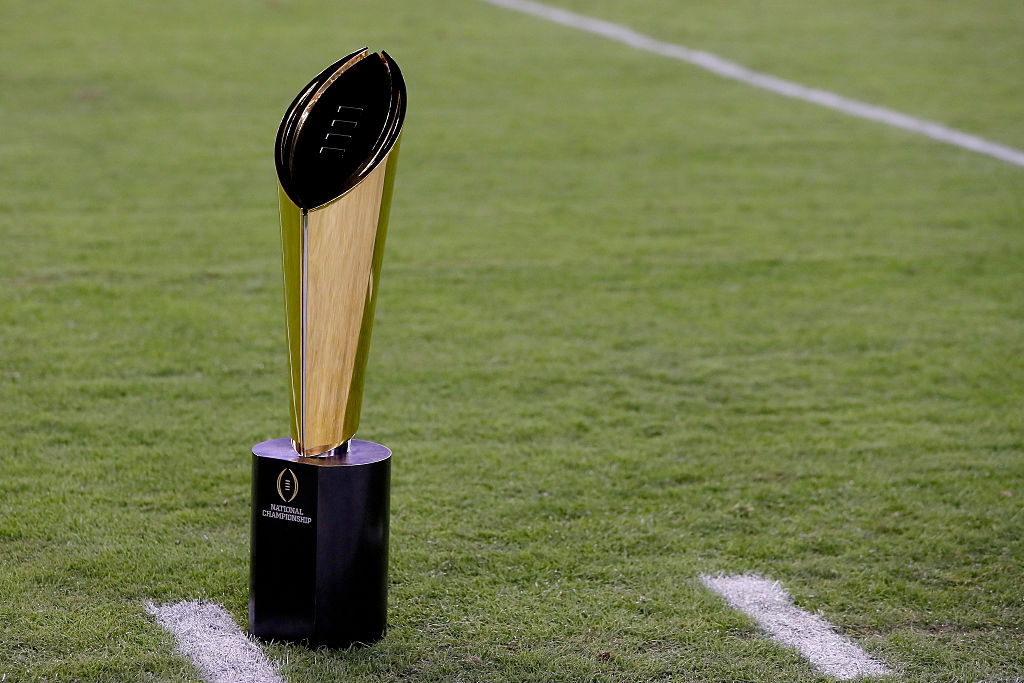 An early look at the college football national champion contenders
An early look at the college football national champion contendersThe Explainer What school could come out on top of the FBS this coming January?
-
 Why baseball's new rules rule
Why baseball's new rules ruleSpeed Read Attendance and viewership have gone up while average game time has gone down
-
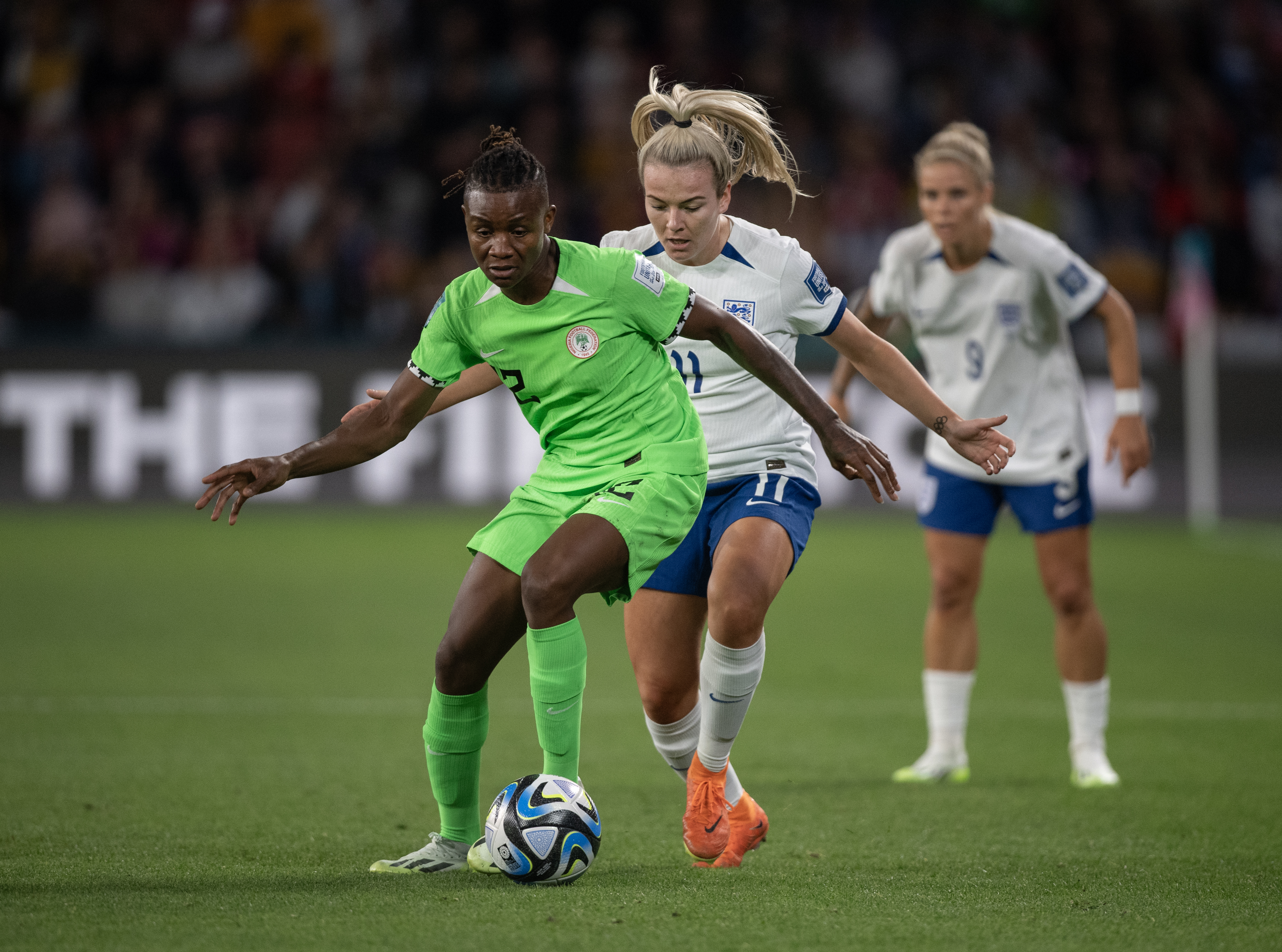 Women's World Cup athletic kits have upped their fashion game
Women's World Cup athletic kits have upped their fashion gameSpeed Read Major brands are embracing gender-neutral and size-inclusive clothing
-
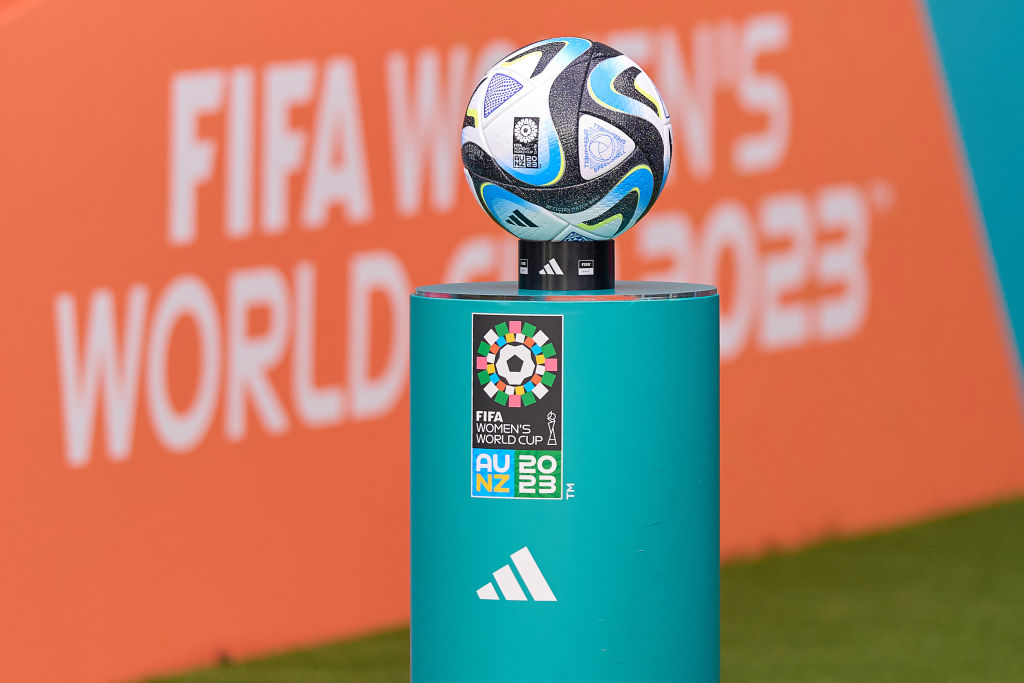 The fight for equal pay
The fight for equal paySpeed Read The Women’s World Cup is the largest women’s tournament ever, but the athletes are still fighting to share in its success
-
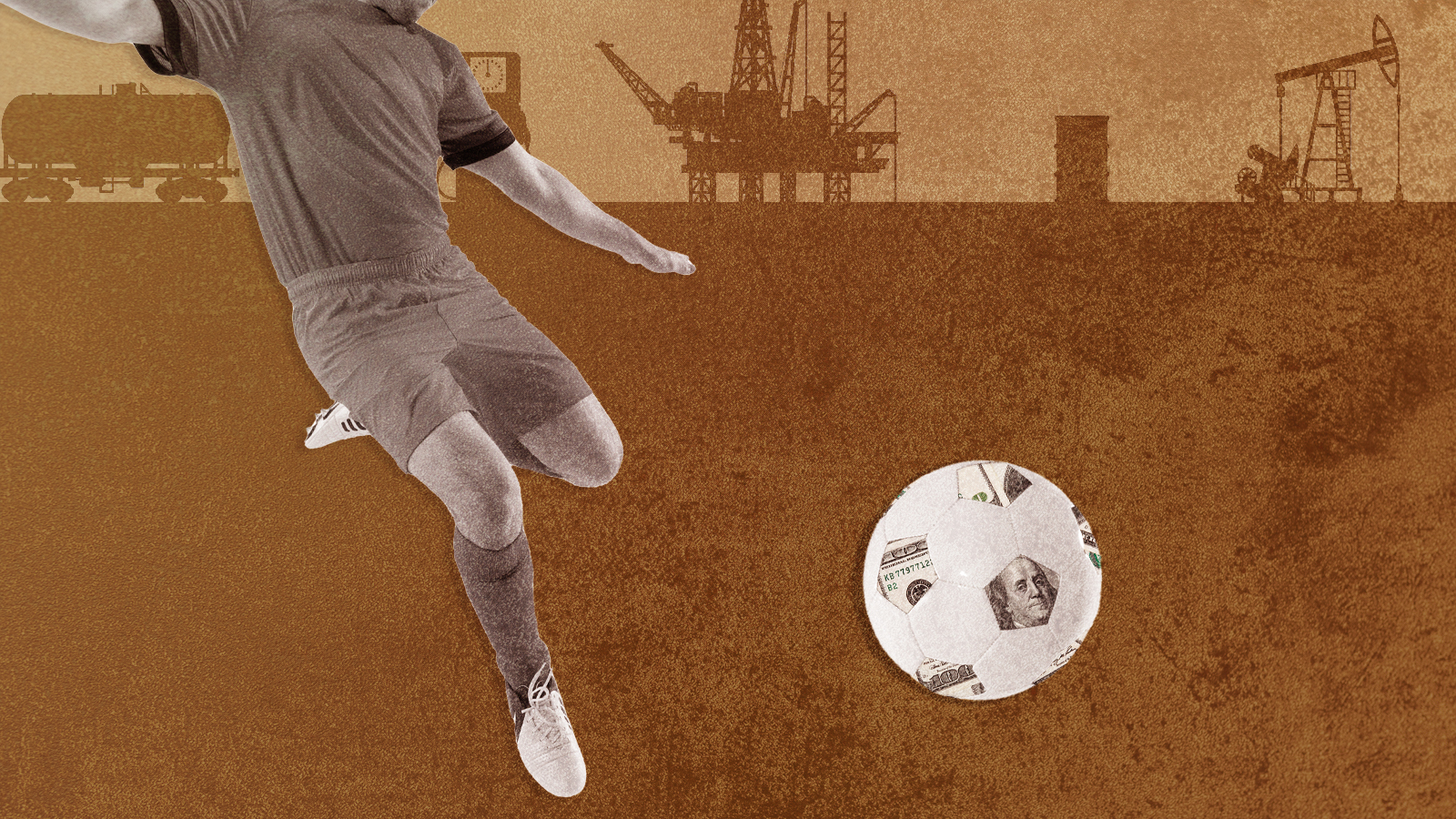 Saudi Arabia's big sports bet
Saudi Arabia's big sports betSpeed Read The recent PGA-LIV Golf merger is just the tip of this oil-funded iceberg
-
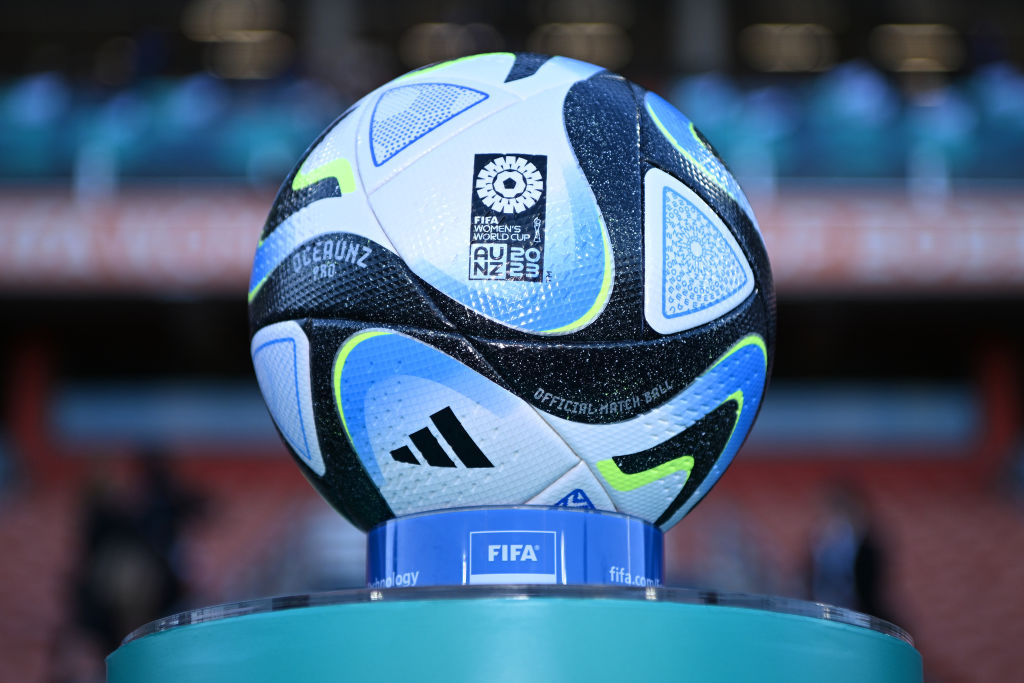 Who will win the 2023 FIFA Women's World Cup?
Who will win the 2023 FIFA Women's World Cup?The Explainer The global tournament has kicked off in New Zealand
-
 Why the PGA Tour is merging with LIV Golf
Why the PGA Tour is merging with LIV GolfThe Explainer The groups are controversially coming together after a rocky relationship
-
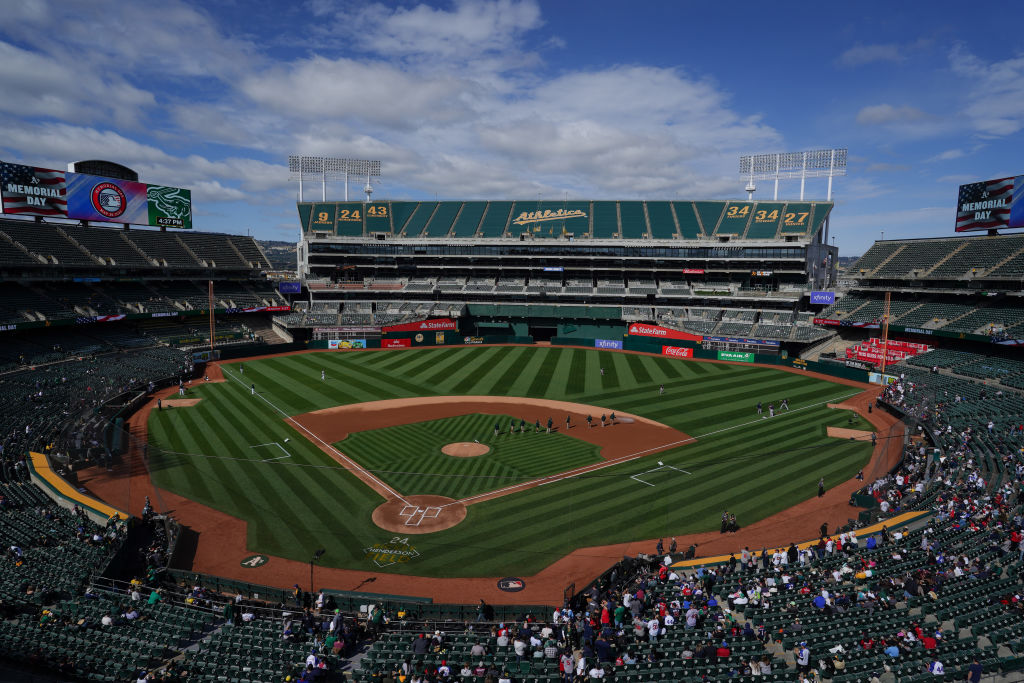 The Oakland Athletics and the worst baseball teams of all time
The Oakland Athletics and the worst baseball teams of all timeSpeed Read The A's have a chance to make baseball history — just not the good kind
